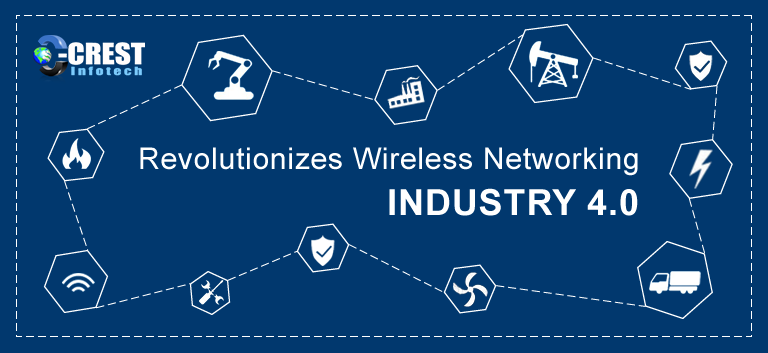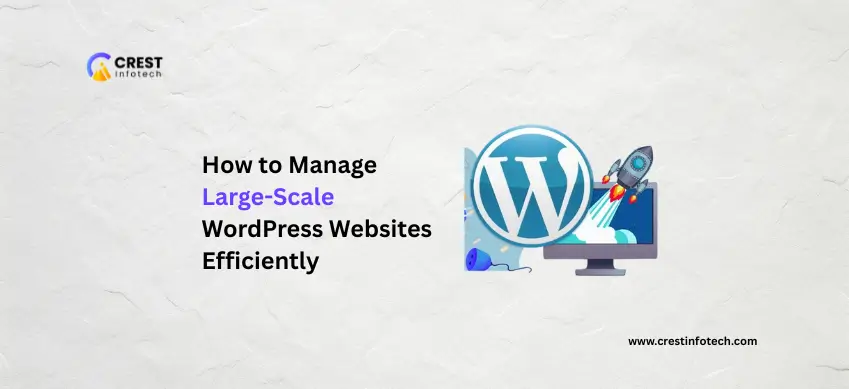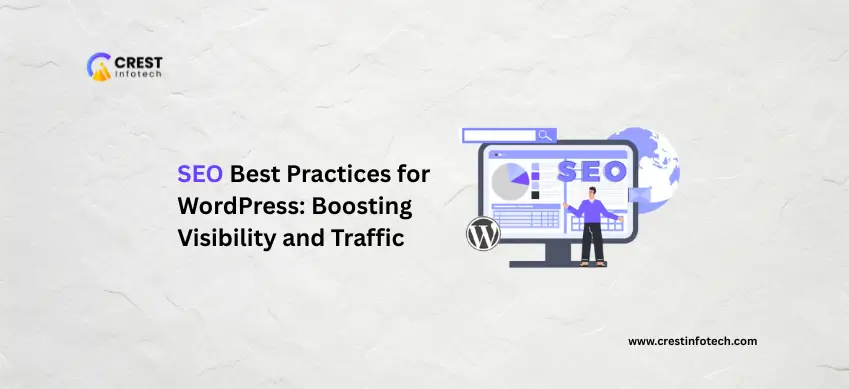In recent years, few production developments have been as buzzworthy or as promising as Industry 4.0.0. This industrial revolution, powered by data, promises to make factories a safer and more productive environment, but today’s technology does not see it through. Although connected factories are currently a major improvement, to truly experience Industry 4.0, manufacturing requires better cellular connectivity.
5G is going to carry the IoT to the next stage. This upgrade is particularly beneficial for producers. Here’s a closer look at how Business 4.0.0.0 will revolutionize these new networks.
Shortcomings of Hard-Wired Connections
Some individuals may push back against the beginning of 5G networks. After all, to maintain these new connections, the U.S. needs eight times the infrastructure, which might sound too big an annoyance. If hard-wired connections still have such speed and reliability, why turn to cellular networks for Industry 4.0?
Though fixed connections have some wireless advantages, they come with their fair share of deficiencies. Physical wires present a challenge in a warehouse, where individuals and equipment are constantly moving. An ethernet cable could be easily unplugged by others, jeopardizing any mission-critical activity dependent on it.
Hard-wired networking often restricts versatility, an issue that is already excessive for many facilities. It would take time to cost money if a factory needed to reorganize or change its activities. Since several modern technologies only support wireless connections, it may limit facilities to legacy tools by sticking to a hard-wired framework.
The benefits of wireless over ethernet connections are obvious, but why is 5G required? IIoT supports the 5th generation of cellular networks in three main ways: speed, latency, and bandwidth. With 5G, each of these enhances, and each is essential for the IIoT to function.
Experts predict that 5G would be at least 10 times faster than the 4G LTE connections of today. It would be as much as 100 times quicker, some have even projected. Such a huge improvement in speed would allow virtually every operation to be run online.
Finally, a significant amount of bandwidth is needed for an abundance of IoT devices. That is one of today’s most critical obstacles to IIoT adoption, but with a 5G-powered IoT it would not be a problem.
The Internet of Everything
Experts forecast that 5G would be at least 10 times faster than today’s 4G LTE connections. It’d be as much as 100 times faster, some even expected. Such an immense speed increase would make it possible to run nearly any operation online.
If the IoT makes production more efficient, then it will be revolutionized by the IoE. In a sense, because a mistake at one point can interrupt the entire operation, everything in a factory is already related. Until disruptions occur, the IoE will give facilities the ability to see and respond to these errors.
Being able to perform predictive maintenance is one of the most promising advantages of the IIoT. Rather than fixing machinery when it breaks, sensors communicate when attention may be required. With today’s networks, this practice is feasible, but 5G would allow it on virtually any computer in a facility.
Also a daily schedule of maintenance is not necessarily optimal for the health of devices. Too many variables can influence the state of a device, and maintenance needs rarely occur on a schedule, even if regular. The best approach is continuous monitoring and analysis, but running these sensors on many pieces of equipment needs a lot of bandwidth.
Remote Monitoring and Service
Inside a computer, the sensors are not the only aspect of monitoring and maintenance that 5G can enhance. Staff will look at tracking data on a cellular network no matter where they are. Not only is this accessibility convenient, but it will also save time employees would otherwise spend walking to check on each unit.
Remote control also doesn’t only refer to the repair of computers. For many business practices today, data processing is a pillar, and being able to do so remotely makes data-driven processes even more versatile. Companies might show investors real-time data, exchange information when out of the building with analysts, and more.
Staff would not only be able to remotely look at data, but they could act on it as well. Without staff having to be physically present, 5G IoT devices could perform troubleshooting and even simple repairs. Manufacturers will make service a much more effective process with these incentives, reducing downtime and saving money.
Automated Guided Vehicles
Thanks to their speed, bandwidth, and low latency, 5G networks in cities could finally make self-driving cars a reality. Manufacturers may take advantage of this advantage before municipalities, allowing their facilities to provide more automated guided vehicles (AGVs). AGVs are still used by some factories, but Wi-Fi does not support too many of them, reducing their usefulness.
New Cellular Networks Enable and Improve Industry 4.0
In spite of the absence of 5G networks, the transition towards Industry 4.0 is still taking place. However, manufacturers won’t be able to drive Industry 4.0 to its fullest potential without these modern cellular connections. The systems of today are too sluggish, inefficient, and restricted to handle the scale of IoT devices required by manufacturers.
In output, 5G will assist the industry to step beyond the IoT and into the IoE. Manufacturers can become safer, more effective, and more successful when anything in a facility can operate on a single network and do so reliably. The 5G IoT would help the industry become what it wants to be to satisfy the demands of the modern world.
Widespread 5G networks are still some years away from being a reality. When they finally become available, the manufacturing industry will be revolutionized.
You can also Hire Dedicated Developer and Hire Dedicated Designers. Contact Crest Infotech to know more about Dedicated Development and Designing services in Details.



